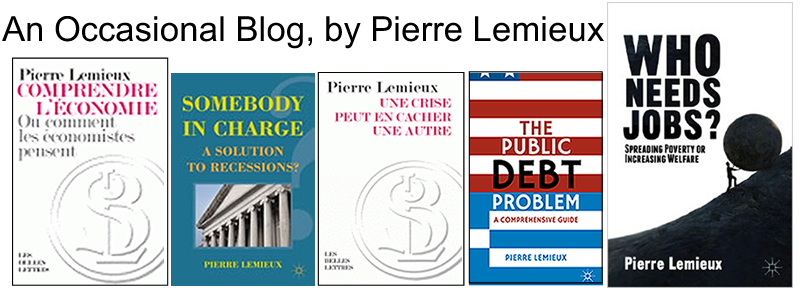As explained by James Mill in his Elements of Political Economy (2nd Edition, London: Baldwin, Cradock, and Joy, 1824, pp. 120 and 122):
“The benefit which is derived from exchanging one commodity for another, arises, in all cases, from the commodity received, not from the commodity given. When one country exchanges, in other words, when one country traffics with another, the whole of its advantage consists in the commodities imported. It benefits by importation, and by nothing else.
“This seems to be so very nearly a self-evident proposition, as to be hardly capable of being rendered more clear by illustration; and yet it is so little in harmony with current and vulgar opinions, that it may not be easy, by any illustration, to gain it admission into certain minds. …
“The case in which a country imports commodities which she herself is incompetent to produce, is of still more simple investigation. That country, or, more properly speaking, the people of that country, have certain commodities of their own, but these they are willing to give for certain commodities of other countries. They prefer having those other commodities. They are benefited, therefore, not by what they give away; that it would be absurd to say; but by what they receive.”
